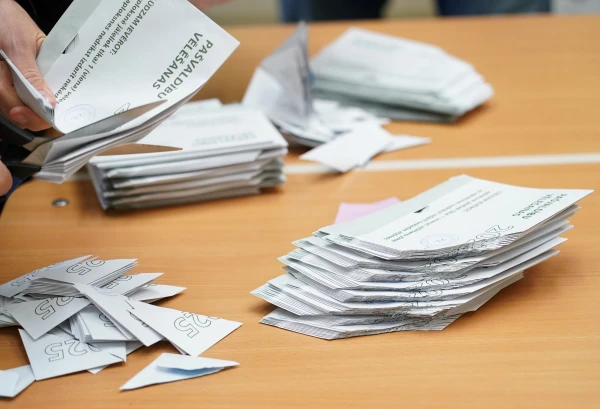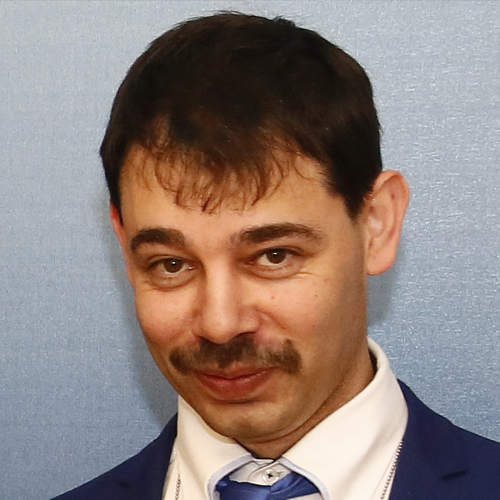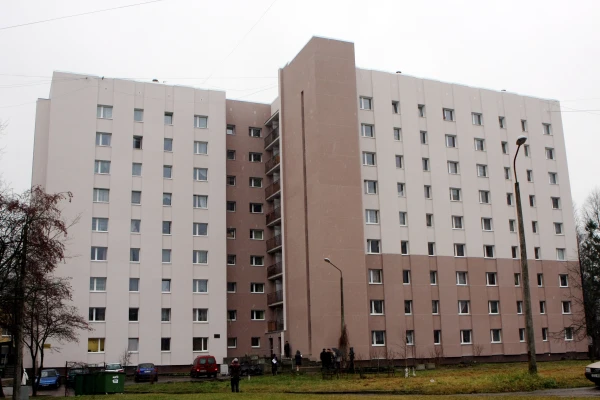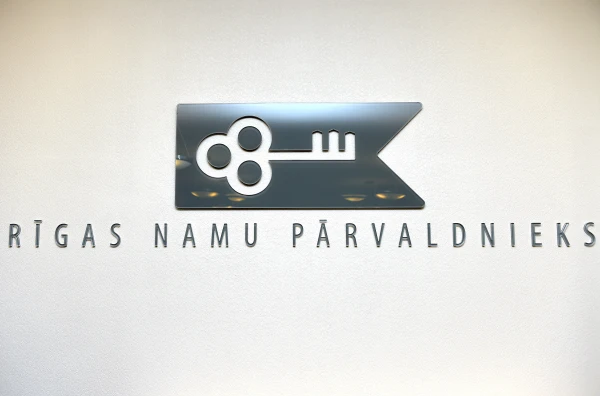
Another "revolution" is doomed to fail.
So, the ranks of various political and social movements have grown - a political movement called "Without Parties" has been created. Its founders include the renowned director Alvis Hermanis, entrepreneur Armands Broks, priest Peteris Sprogis, economist Guntars Vitols, and independent deputy Didzis Šmits.
The goal of the movement is to effectively break the existing electoral or, if you will, even political system. Namely: instead of elections based on party lists, elections will be held in single-member districts. Thus, parties will practically cease to exist - there will simply be no need for them.
It is likely that the authors of this idea believe that now is the most suitable time for such a "revolution": the level of distrust in the authorities is enormous, the Silinie government is breaking all records for unpopularity, and the economic situation, to put it mildly, is not brilliant...
However, a whole series of questions arise. First of all, where have these gentlemen been before? They knew perfectly well that in the upcoming elections to the Saeima, only a party established at least a year before the elections could participate. Secondly, the activists of the "Without Parties" movement, having not created this very party, will not be able to participate in the elections in the future, and thus will not be able to change the electoral legislation.
Yes, one can attempt to initiate a referendum on this electoral reform, but the authors of the "revolution" must understand that the chance of launching a referendum is negligible - gathering the nearly 155,000 signatures from voters required for this is practically impossible.
So what do the "new politicians" ultimately want and who stands behind them? If these activists want to influence something, they will have to run in the elections. The only question is from which political force? Economist Guntars Vitols recently ran for the Riga City Council from the pocket party "People. Land. Statehood." The party received less than 1% of the votes. It is obvious that running again from this political force is completely pointless.
The second option is to try to create a coalition or simply negotiate for spots on the list with a more popular political force. However, for example, none of the current Saeima parties supports such a "revolution." The parties would still be willing to discuss a "mixed" electoral system (the "Lithuanian variant"), meaning that half of the deputies are elected from single-member districts and half from party lists. But a pure single-member system is hardly supported by anyone in parliament. And outside of it as well. Especially considering that parties that received at least 2% of the votes in the last parliamentary elections receive state funding.
The very idea of Hermanis and Co. is quite utopian: with only single-member deputies in parliament, chaos will simply reign - it will be impossible to adopt a budget or form and approve a government... Moreover, there is not a single country in the EU with the system proposed by Hermanis and Co.
The most that the founders of "Without Parties" can achieve is to revive discussions on a mixed system and increase their personal political popularity, which will help them get elected to the Saeima - on the lists of some popular parties.
















Leave a comment